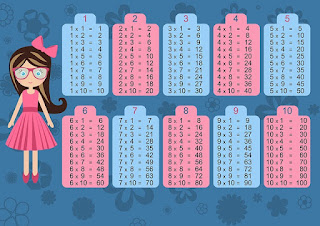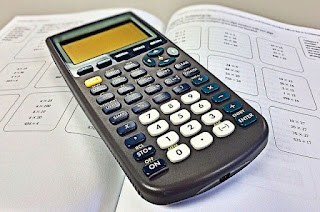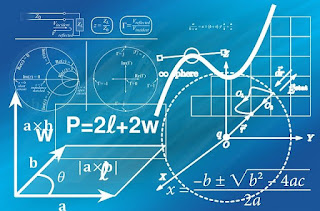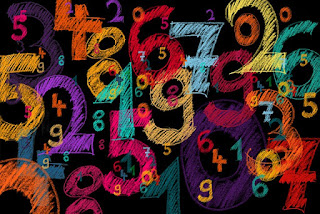Why Prime Factorization Is So Important?
Factoring numbers is a difficult task. People use encryption to hide their secrets. The
most common method of doing this is through a key. A key is something that is used to unlock a secret code. You may be familiar with the codes used in your bank account, where your account number is a combination of a letter and a number.
You use a code like this to unlock your bank account. Another example of a code is the password. You use a password to unlock your computer. Your password is a combination of letters and numbers. You use this password to unlock your computer. There are many other codes that are used in our everyday lives. You may be surprised to learn that many secret codes are really made up of numbers.
For example, the telephone number that you use to call a person can actually be a number that you use to unlock a code. You can also use a code like this to unlock your house. This can be done by using the house number along with a code that you use to unlock the door. You can also use a code like this to lock your car. You can unlock your car by entering a code into the car key.
What is factoring?
Factoring is a method of breaking down the numbers that multiply together to form a new number. This method is used to solve number-related problems. For example, you might want to know if two numbers are divisible by another number. This can be done by multiplying the numbers together and then dividing by the number that you want to test.
If the result of this calculation is the same as the original number, then the numbers are divisible by the number that you wanted to test. The prime numbers are numbers that are only divisible by themselves and one. These numbers are called prime numbers because they can only be divided by one other number and themselves.
The prime factors of a number are the prime numbers that divide the original number. For example, the prime factors of 51 are 1, 3, 17 and 51. If you multiply 3 and 5 together, you get 15. And 15 is divisible by 3 and 5. The prime factors of 15 are 3 and 5. A factor is a prime number that divides into the original number. So, in our example, the prime factors of 15 are 3 and 5. Prime factorization means finding the prime factors of a number. In other words, it is the process of breaking down a number into its prime factors.
Additionally, how do you do prime factorization?
Step 1: Start by dividing the number by the prime number 2, and continue dividing by 2 until you get an adecimal or remainder. Then divide by 3, 5, 7, etc. until the only numbers left are prime numbers. Step 2: Write the number as a prime number product.Example 2: Find the prime factorization of 189.
What is the factorization formula?
The polynomial x2 + cx + d, where a + b = cand ab = d, can be factorised into (x + a)(x + b).
The polynomial x2 + cx + d, where a + b = cand ab = d, can be factorised into (x + a)(x + b).
This is due to the fact that (a + b) x = a(x + b) + b(x + a) = cand ab = d.
If you don't know what this means, don't worry. We will explain this later in the book.
When you are solving polynomial equations, you should remember the following two formulas: These are the polynomial division formula and the factoring formula.
The polynomial division formula says that if you have two polynomials that are equal to one another, then you can divide them. For example, if you have x2 + cx + d and x2 + cx + d, then you can divide the second polynomial by the first polynomial. This will result in x2 + (c/d)x + (d/d). You should be careful when you are dividing polynomials. This is because you can get a wrong answer if you don't pay attention to the signs of the coefficients. For example, you may divide (x + 2)x by (x + 3).




Comments
Post a Comment